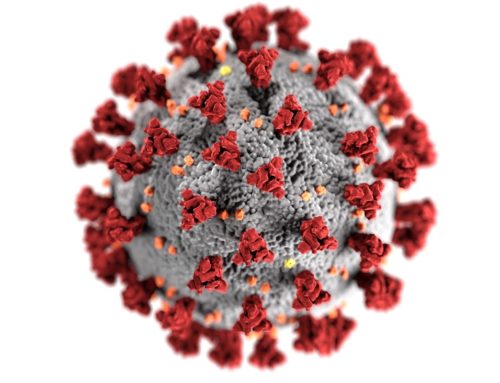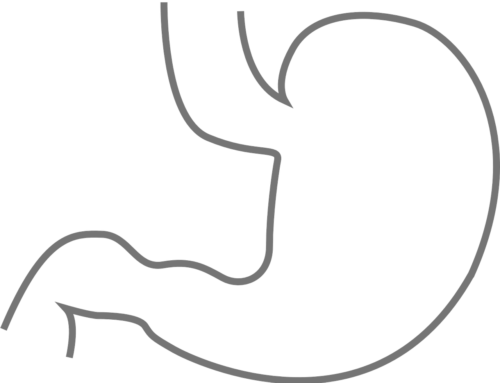Several studies have shown that a ketogenic diet combined with MCT oil can help treat conditions such as epilepsy, Alzheimer’s disease and autism (19).
Caprylic fatty acids in MCT work their magic on epilepsy.
The ketogenic diet was first introduced in the 1920s as a way to treat epilepsy symptoms. Given that MCT can easily be converted into ketones, it may also be beneficial in the treatment of epilepsy. One study demonstrated that caprylic acid from MCT regulates epileptic seizures more effectively than a commonly used epilepsy medication (20). Similarly, another study involving rats showed that MCT fatty acid ‘caprylic acid’ blocked certain receptors that are responsible for epileptic seizures in rats’ brains (21) .
Alzheimer’s patients can benefit from caprylic and capric fatty acids in MCT oil.
In Alzheimer’s disease, the ability of the brain to absorb glucose as fuel is impaired, resulting in a decline in brain function (22). A ketogenic diet with MCT oil supplies the body with an alternative fuel: ketones. These are made by the liver from the fatty acid chains in MCT oil. An improvement in short-term memory was observed in 20 subjects with a specific type of Alzheimer’s disease after the administration of a single dose of MCT oil (23). Although genetic factors do play a role, there is scientific evidence that a supplement of 20 to 70 grams of MCT with caprylic acid and capric acid can effect a reasonable improvement in mild to moderate cases of Alzheimer’s disease (22).
Autism and MCT oil
MCT oil has been proven in scientific studies to be an effective means to treat symptoms of autism (24). In another study, MCTs were added to a ketogenic and gluten-free diet for children, whereby autistic behaviour improved substantially in 6 of the 15 children participating in the study (24). Adding MCT oil to a diet can have varying degrees of effect on children. For example, one child may not notice anything significant, whereas another child does experience that. Further research is therefore needed in order to clarify this (25).










